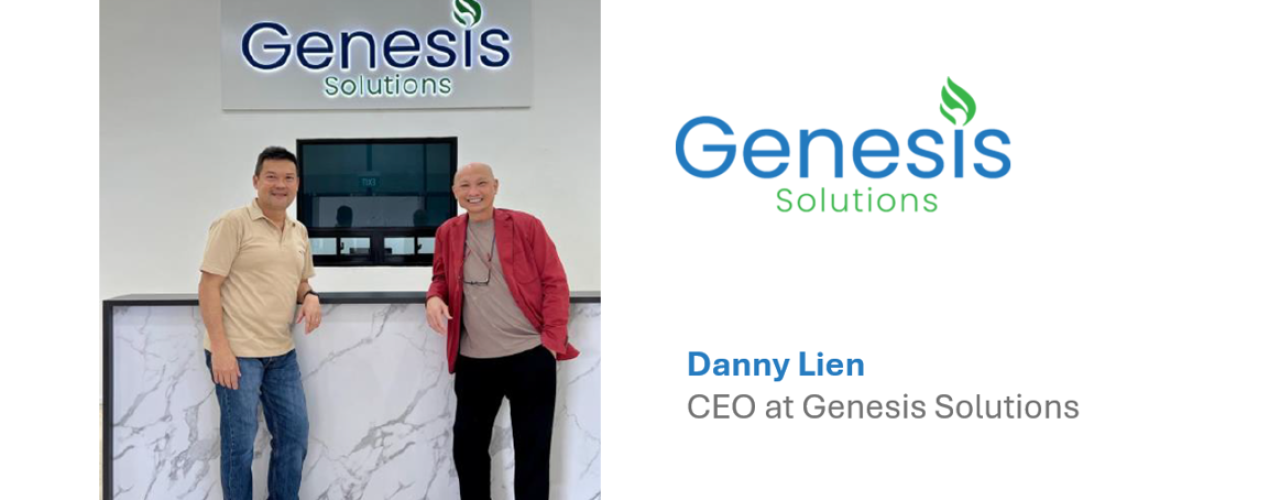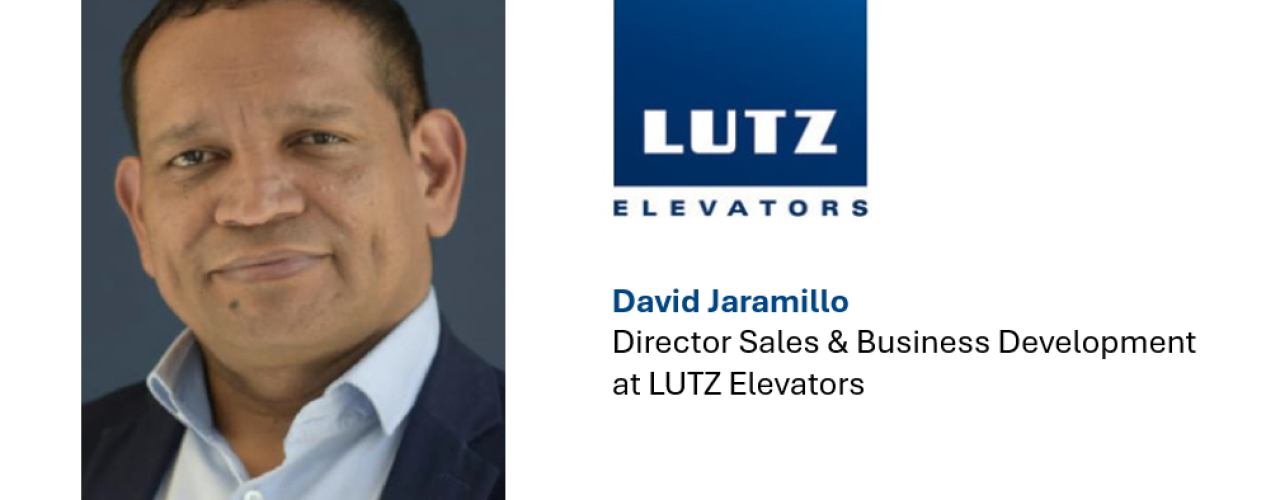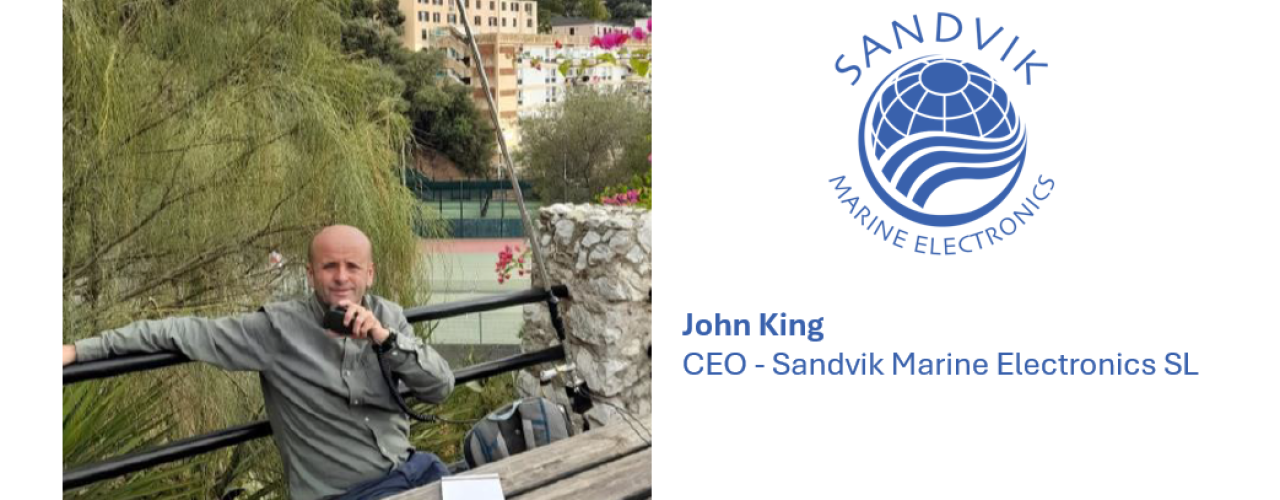Discussion with Genesis Solutions CEO Danny Lien
Tell us about your journey in shipping.
I come from a family of ship suppliers. My grandfather and father were pioneers in the industry in Singapore as early as the 1930s and 40s. Growing up, I often accompanied my father to ships, meeting captains and helping when shipowners or managers visited Singapore. That early exposure gave me an inside view of the business, though it wasn’t my initial plan to join it.
After completing my national service in 1984, the shipping crisis hit. Many shipowners went bankrupt, and my father’s company faced serious challenges. He needed help, so I joined to help him. What was supposed to be two or three years turned into a lifetime career. Later, I started my own business in 1992 through a joint venture with a German ship supplier in Hamburg. After ten years, the ownership changed and I moved on, founding Amos International in 2004. I sold the company to private equity in 2018, completed a two-year non-compete, and then joined Genesis Solutions in late 2022, where I now serve as CEO.
What does Genesis Solutions do?
Genesis is a young but fast-growing company, only about five years old. We focus on two main verticals: ship supply and mooring, rigging, and lifting solutions. My partner, Desmond Teo, oversees the mooring side, while I concentrate on ship supply.
We are also developing a maintenance, repair, and overhaul (MRO) vertical with partners, and we provide logistics management for shipowners and manufacturers. From our base in Singapore, we manage inventory, pick-and-pack, and last-mile delivery directly to ships. Reliability is critical in this business, our customers trust us to deliver accurately and on time.
You’ve witnessed four decades of change in maritime, what stands out?
The transformation has been remarkable. When I started, everything was paper based: typewriters, large files, manual approvals. I remember my father spending hours typing invoices by hand, storing cupboards full of records. Later at my own company, we had 10–12 staff doing nothing but data entry, often making mistakes.
When we adopted ERP systems and later RPA, the change was dramatic. Clerical staff were upskilled into customer service roles, throughput increased, errors decreased, and procurement became more efficient and consistent. Technology is a true multiplier, it eliminates repetitive tasks, improves accuracy, and frees people to do higher-value work.
But shipping is still conservative. Adoption lags other industries, and early adopters must adapt workflows before seeing results. Cost remains the biggest barrier, solutions often run into five or six figures. In Singapore, government agencies subsidize a percentage of the cost of adopting digitalization, but companies must still pay upfront, which is tough for SMEs. Many turn to cheaper backend teams overseas, but I believe technology delivers greater efficiency and quality in the long run.
How is the ship supply industry evolving?
The industry is still highly fragmented, especially in Singapore. Too many players, from micro-SMEs to large SMEs, which has created unhealthy competition that only focuses on lowest prices, push margins down and make it difficult to maintain standards. Customers take advantage of this by pressing prices lower. Competition is healthy when it raises standards, but excessive fragmentation prevents reinvestment in people, facilities, and costly quality and environmental certifications like ISO 9000 or 14000. Some shipowners have started investing in or acquiring suppliers to secure their value chains, but overall consolidation has been slow. For the industry to grow stronger, suppliers need to be profitable enough to improve, which ultimately benefits shipowners too.
What do you enjoy most about working in shipping?
For me, it always comes back to people. No matter how much we talk about robotics or AI, shipping is still driven by human relationships. I enjoy engaging with long-time veterans who bring deep experience as well as younger professionals who bring new energy and ideas.
The best progress comes when experience blends with innovation. That balance helps us face today’s challenges, from geopolitical tensions to trade pressures, and move the industry forward together.
How do you see technology and data shaping the future of ship supply?
Most companies already have plenty of data, but the challenge is making it meaningful. At Genesis, we manage thousands of SKUs, which ties up cash flow and affects margins. I want technology to help answer questions like: Should we stock this item? Buy just-in-time? Or secure a contract with suppliers?
Too often, companies look at data in isolation. If AI could connect the full picture, from inventory cycles and procurement to sales, operations, and finance, managers like me could make better, faster decisions. That’s the next step for our industry: turning data into insights that truly drive performance.



